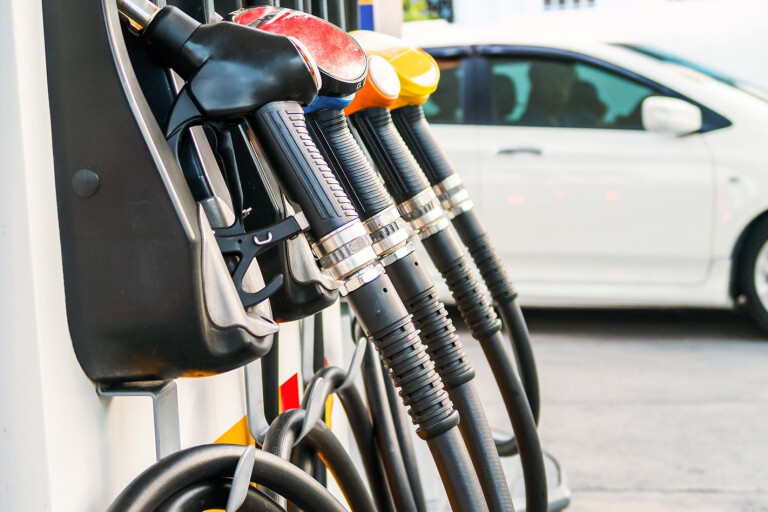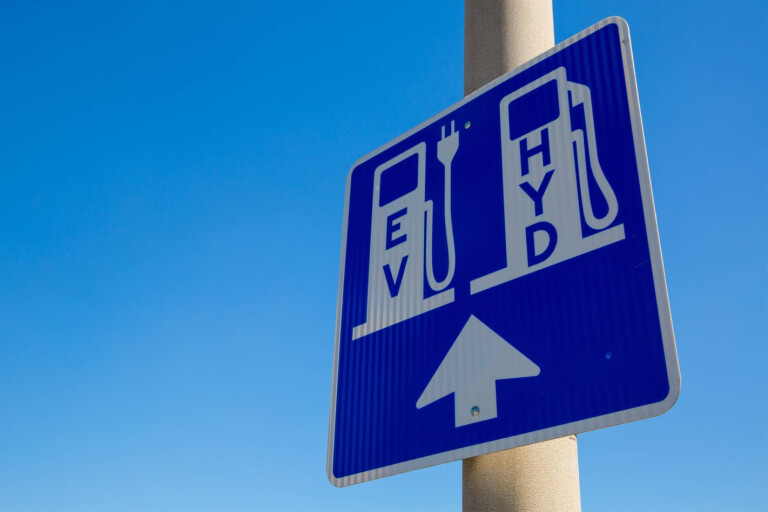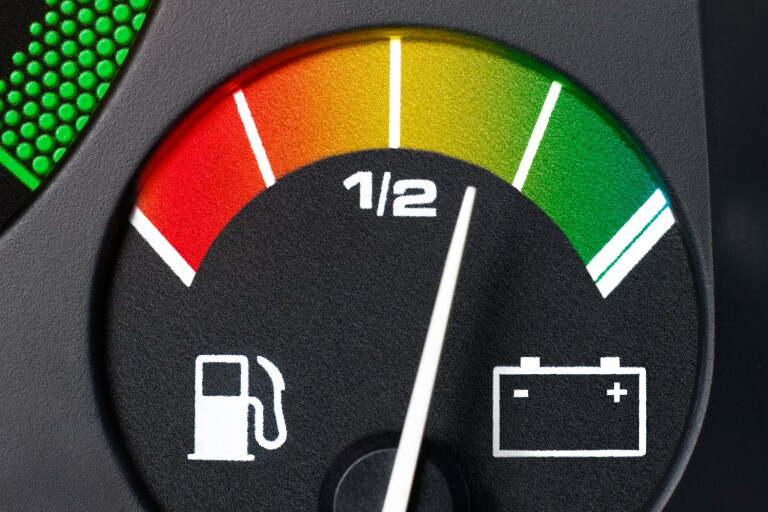
Snapshot
- Driving range anxiety now spreading to ICE vehicles
- Shortage is due to drivers rather than fuel supply
- Auto Trader reports an increase in EV enquiries
Interest in electric vehicles has soared over the past week in the UK as the country grapples with the biggest fuel crisis it has seen in decades.
British automotive publication Auto Trader has reported a significant jump in searches and enquiries for EVs in its classifieds after the fuel shortage took hold of the UK last week – causing massive queues at petrol pumps across the country.
Commercial director for Auto Trader, Ian Plummer, said the sharp rise in enquiries suggests consumers are genuinely interested in switching to electric, rather than just browsing alternatives.

“We are all familiar with the idea of [driving] range anxiety, but the events of the past few days mean we are entering the age of fuel anxiety," said Plummer.
"We have seen a massive surge in consumer engagement for electric cars on our marketplace over the weekend. Not only did the number of advert views for new and used electric models increase a record 28 per cent and 61 per cent respectively versus the previous weekend, but we also saw a huge uplift in the number of people sending enquiries to retailers, with one sent every two minutes.
"This suggests that people aren’t simply flirting with the idea of electric, but have been encouraged to actively pursue a purchase. Accordingly, we expect retailers with electric stock to do particularly well this week.
“This weekend four out of five of the top performing new cars on Auto Trader were electric, with the Hyundai Ioniq 5 coming out top, followed by the Ford Mustang Mach-E. The launch of these ‘cool’ and aspirational models has been key to shifting the consumer perception of electric.
"This has been accelerated further by the significant increase in advertising among manufacturers, which is helping to drive awareness and dispel lingering myths."

As opposed to the global semiconductor crisis – which stems from a lack of supply due to factories being shut down thanks to COVID-19 – the fuel shortage is due to a lack of qualified lorry drivers in the UK, meaning the fuel is unable to be delivered from the refinery to the stations.
The loss of drivers has been attributed to Brexit, with Logistics UK saying around 72,000 drivers had been lost from the UK in a two-year period between 2019 and 2021, prompting the British Government to now table an offer for up to 5000 temporary visas to be given to foreign fuel tanker drivers between now and the end of the year.
According to the BBC, the Petrol Retailers Association has said up to two-thirds of the 5500 independent fuel stations in the UK are out of fuel, representing almost half of the nation's 8000 stations.
The current situation is the worst the UK has faced since the famed 'Winter of Discontent' during the European winter of 1978-79 in which fuel supplies, for both homes and at the petrol pump, were severely limited due to strikes by drivers.

While the fuel shortage is currently limited to the UK, Australian fuel prices may continue on an upwards trajectory if the cost of oil remains on an upward trend – with Reuters reporting crude oil increasing for a fifth straight day.
Brent crude oil is currently trading at US$79.53 (AU$109.24) a barrel – a 1.8 per cent increase on yesterday's price – while Goldman Sachs predicts it could go up to US$90 (AU$123.65) a barrel by the end of the year.
"While we have long held a bullish oil view, the current global supply-demand deficit is larger than we expected, with the recovery in global demand from the Delta impact even faster than our above-consensus forecast and with global supply remaining short of our below consensus forecasts," the institution said.
COMMENTS